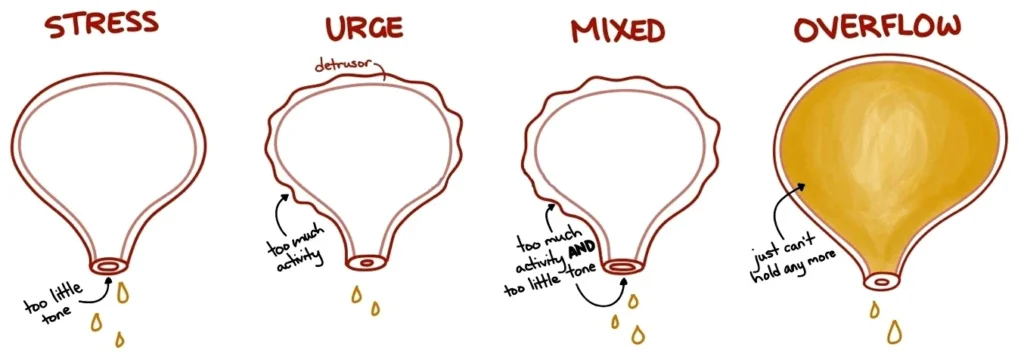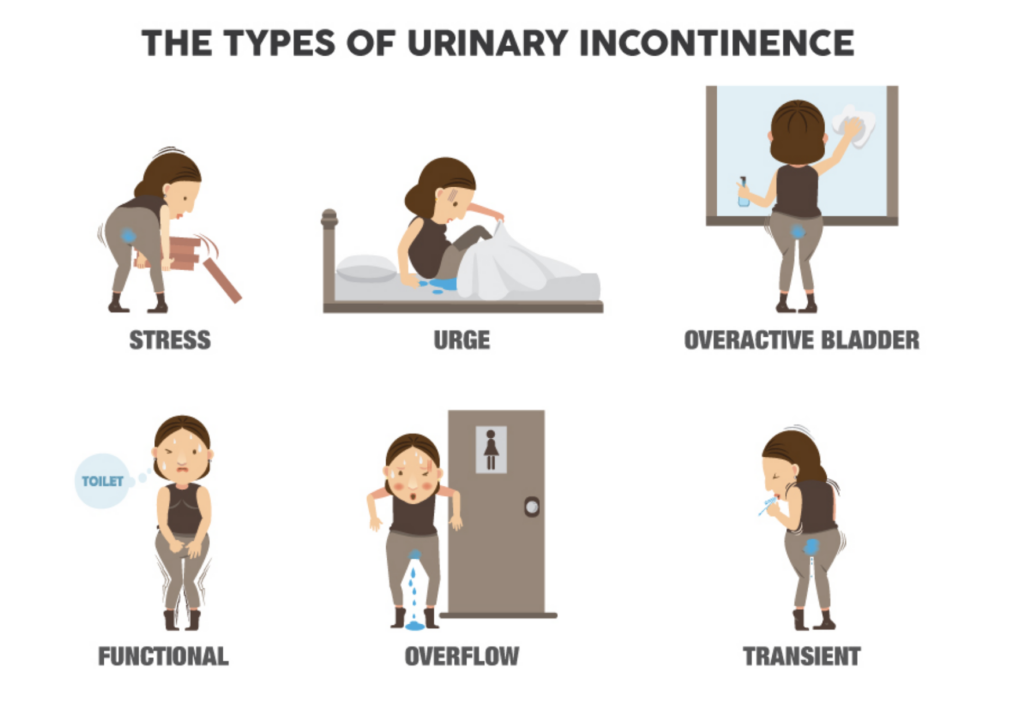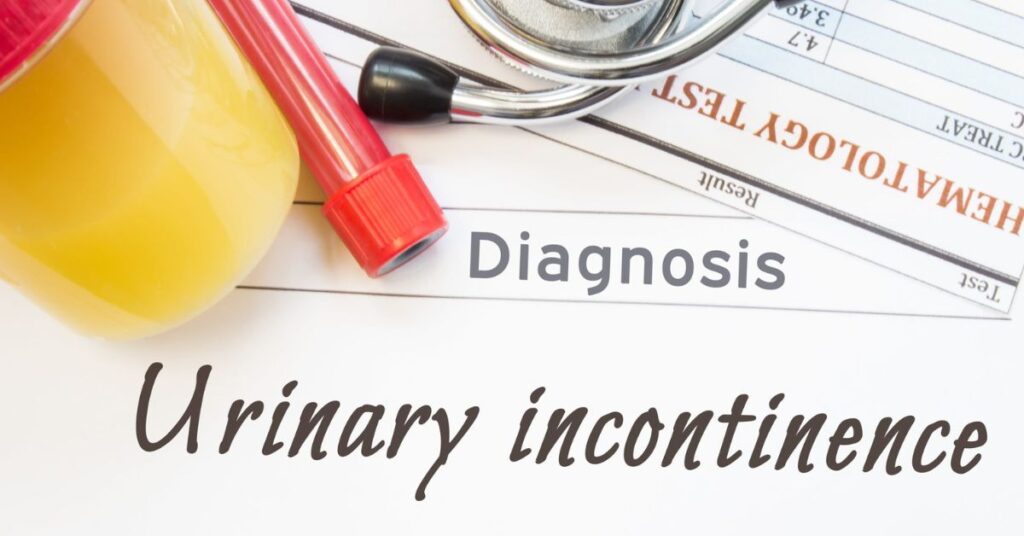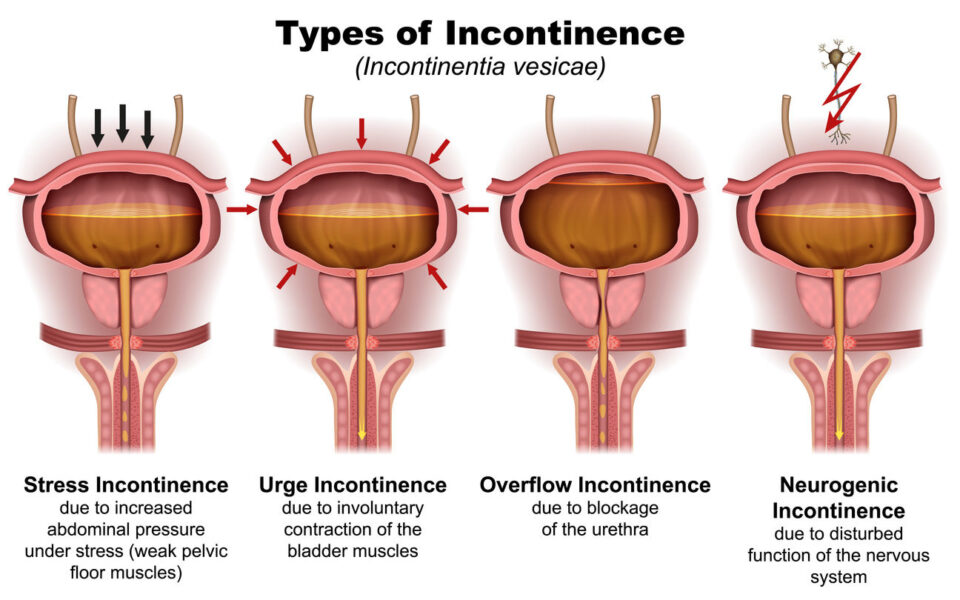Incontinence is an embarrassing problem that many people suffer from. Although there is no cure for incontinence, there are treatments that can help lessen the symptoms. In this article, we will be discussing the different treatments available for incontinence and what you can expect in the future.
What is Incontinence?

Incontinence is the involuntary leakage of urine or stool. It can be a temporary problem caused by an illness or surgery, or it can be a chronic condition. There are many different types of incontinence, and the severity can vary from person to person.
Some people with incontinence may only leak a small amount of urine or stool, while others may have complete loss of control. Incontinence can be a very embarrassing and frustrating problem. It can cause social isolation and anxiety, and it can also lead to skin irritation and infection.
There are many treatments available for incontinence, and the type of treatment will depend on the severity of the condition. In some cases, incontinence can be cured completely with incontinence supplies. In other cases, it can be managed effectively with medication, lifestyle changes, or surgery.
The Different Types of Incontinence

There are several different types of incontinence that can affect people of all ages.
– The most common type is stress incontinence, which occurs when the muscles that support the bladder are weakened. This can happen due to pregnancy, childbirth, obesity, or other factors.
– Another type of incontinence is urge incontinence, which is caused by an overactive bladder. This can be a result of certain medical conditions, such as Parkinson’s disease or multiple sclerosis.
– Finally, there is overflow incontinence, which occurs when the bladder is unable to empty completely. This can be caused by an obstruction in the urinary tract, such as a kidney stone or an enlarged prostate.
Incontinence can be a very embarrassing and inconvenient condition. However, it is important to remember that it is not a sign of weakness or poor hygiene. In fact, incontinence is a very common condition that affects millions of people worldwide. There are many treatments available that can help to improve the quality of life for those who suffer from this condition.
Causes of Incontinence

There are many different causes of incontinence. Sometimes, the cause is a physical problem, such as a weak bladder muscle. Other times, the cause is a medical condition, such as diabetes or Parkinson’s disease. In some cases, incontinence may be caused by medications or treatments for other conditions, such as surgery for prostate cancer.
Incontinence can also be caused by psychological factors, such as stress or anxiety. This type of incontinence is often called “functional incontinence.” Functional incontinence is more common in older adults. Sometimes, the cause of incontinence is unknown. This is called “idiopathic incontinence.”
Incontinence in Women
The most common type of incontinence in women is stress incontinence. This happens when the bladder muscle is weak. It may be caused by pregnancy, childbirth, or menopause. Other types of incontinence that are more common in women include urge incontinence and overflow incontinence.
Incontinence in Men
The most common type of incontinence in men is urge incontinence. This is also called “overactive bladder.” It happens when the bladder muscle contracts too often. This may be caused by a medical condition, such as an enlarged prostate gland or Parkinson’s disease. Stress incontinence is less common in men than in women. It may be caused by surgery for prostate cancer.
Symptoms of Incontinence

The symptoms of incontinence can vary depending on the person. Some people may only experience a small amount of leakage, while others may have very large and frequent accidents.
There are four main types of incontinence: stress, urge, functional, and overflow incontinence. Stress incontinence is when urine leaks when there is pressure on the bladder, such as coughing, laughing, or sneezing. Urge incontinence is when there is a strong desire to urinate and urine leaks before you can get to a bathroom. Functional incontinence is when a physical or mental condition makes it difficult to get to the bathroom in time. Overflow incontinence is when the bladder leaks small amounts of urine all the time.
If you are experiencing any of these symptoms, it is important to see a doctor so they can diagnose the cause and recommend treatment options. Incontinence is a treatable condition and there are many options available to help people manage their symptoms.
How to Treat Incontinence?
There are a number of ways to treat incontinence. The most important thing is to identify the underlying cause. Once the cause is known, treatment can be tailored to the individual.
– Incontinence can often be treated with lifestyle changes. For example, quitting smoking, losing weight, and avoiding caffeine and alcohol can all help to reduce symptoms. Pelvic floor exercises can also be helpful.
– There are a number of medications that can be used to treat incontinence. These include anticholinergics, beta-3 agonists, and botulinum toxin injections. Some of these medications work by relaxing the bladder muscles, while others work by inhibiting nerve signals that tell the bladder to contract.
– In some cases, surgery may be necessary to treat incontinence. For example, a urinary diversion procedure may be used if the bladder is not able to store urine properly. A sacral nerve stimulator may be implanted if other treatments have not been effective.
When to See a Doctor for Incontinence?

You should see your doctor if you feel like your incontinence is negatively affecting your quality of life. Many people may be embarrassed to talk about their bladder issues, but you should know that incontinence is a very common problem and there are treatments available. Your doctor will likely ask you questions about your bathroom habits and may want to do some tests in order to make a diagnosis.
Conclusion
The bottom line is that incontinence can be cured in many cases. However, it is important to seek medical help if you think you may have incontinence so that the proper diagnosis and treatment can be given. There are a variety of treatments available depending on the cause of your incontinence, so don’t hesitate to ask your doctor about what might work best for you. With the right treatment plan, you can soon say goodbye to leaks and accidents and get back to living your life without worry.

